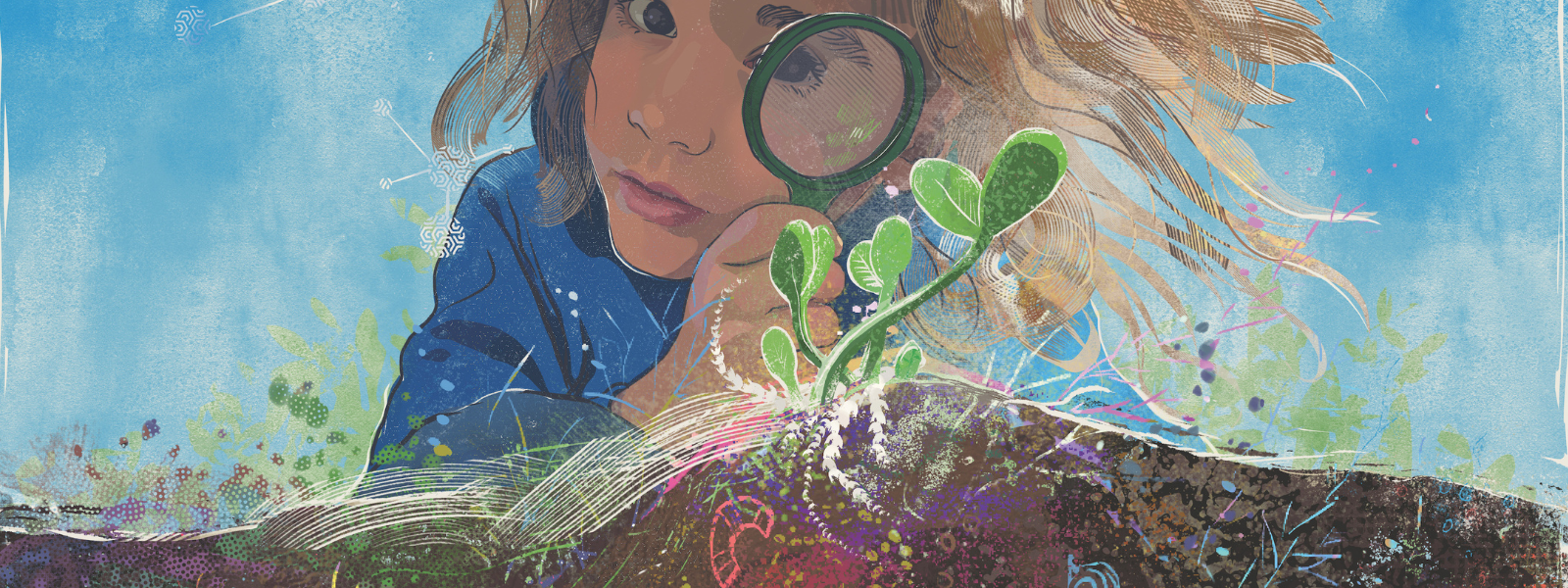
Tips
You searched for reemay and found 9 tips.
- Early Planting – Here are some tips on getting on start on early plantings. Learn about crops that are less risky to plant early, and also some tricks that can help you protect your plants on those often cold spring nights. Read more →
- Frost Protection – Traditionally there is still a good possibility of frost in the Connecticut River valley through May 20, and up in the hills through Memorial Day weekend or even the first week of June. With care, you can still get a head start on the garden. Read more →
- Geotextiles: Insect Netting – Insect netting is a thin fabric, similar to row cover yet thinner and more porous. Use insect netting on crops with great pest or bird pressure where there is no need to insulate the crop. Read more →
- Geotextiles: Row Cover or Reemay Cloth – In the Northeast, row cover is a farmer’s best friend. Read more to find out how you can benefit from using this geotextile in your home garden. Read more →
- Hardening Off Plants – Remember to harden off your plants! Any plants you buy from inside of a greenhouse have not been hardened off, those that are sold from outside have likely been conditioned to the cold weather and are ready to be outside. Read more →
- Pest: Aphid – Aphids are a common tiny pear-shaped, soft-bodied insect up to 1/8” long. They are usually found in masses feeding on flowers and crops. Read more →
- Pest: Cucumber Beetles – Cucumber beetles are a small, yellow, oval beetle, smaller and more oval than a potato beetle. There are two types: the spotted cucumber is yellow with black stripes; the spotted cucumber beetle is yellow with black spots. Read more →
- Pest: Flea Beetles – Flea Beetles are tiny little shiny, black beetle that hop away when you approach plants. Read more →
- Pest: Leafhopper – If your legume leaves are turning yellow, potato leaves are turning brown or your rose leaves are stippled with white, you might have leafhoppers. Read more →
